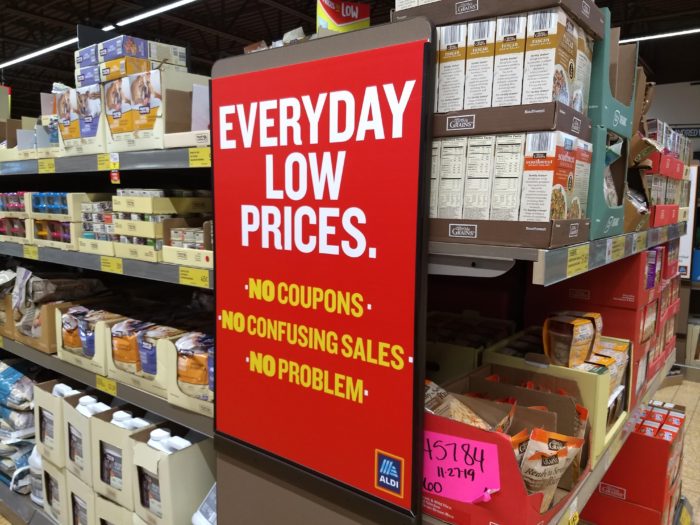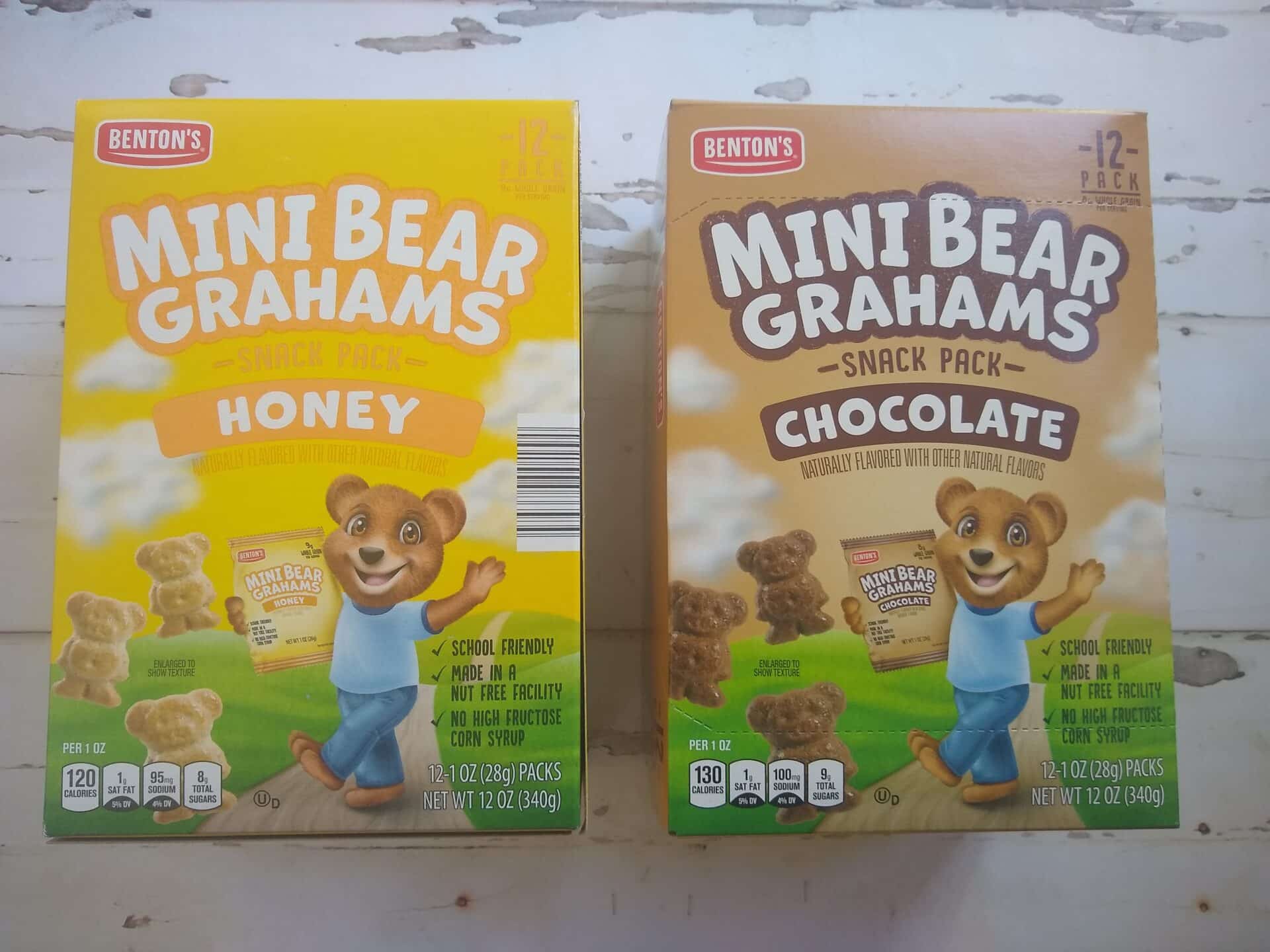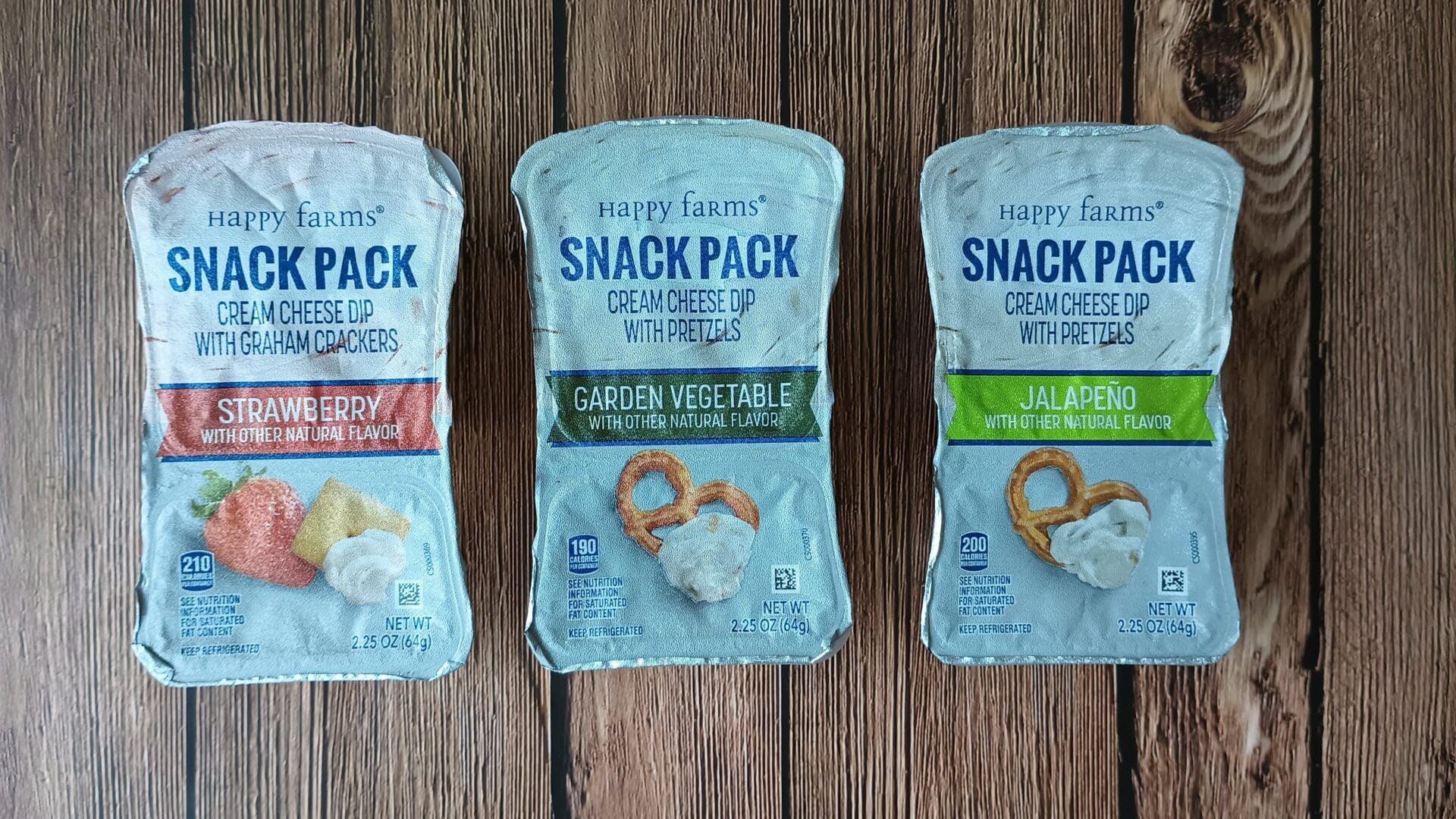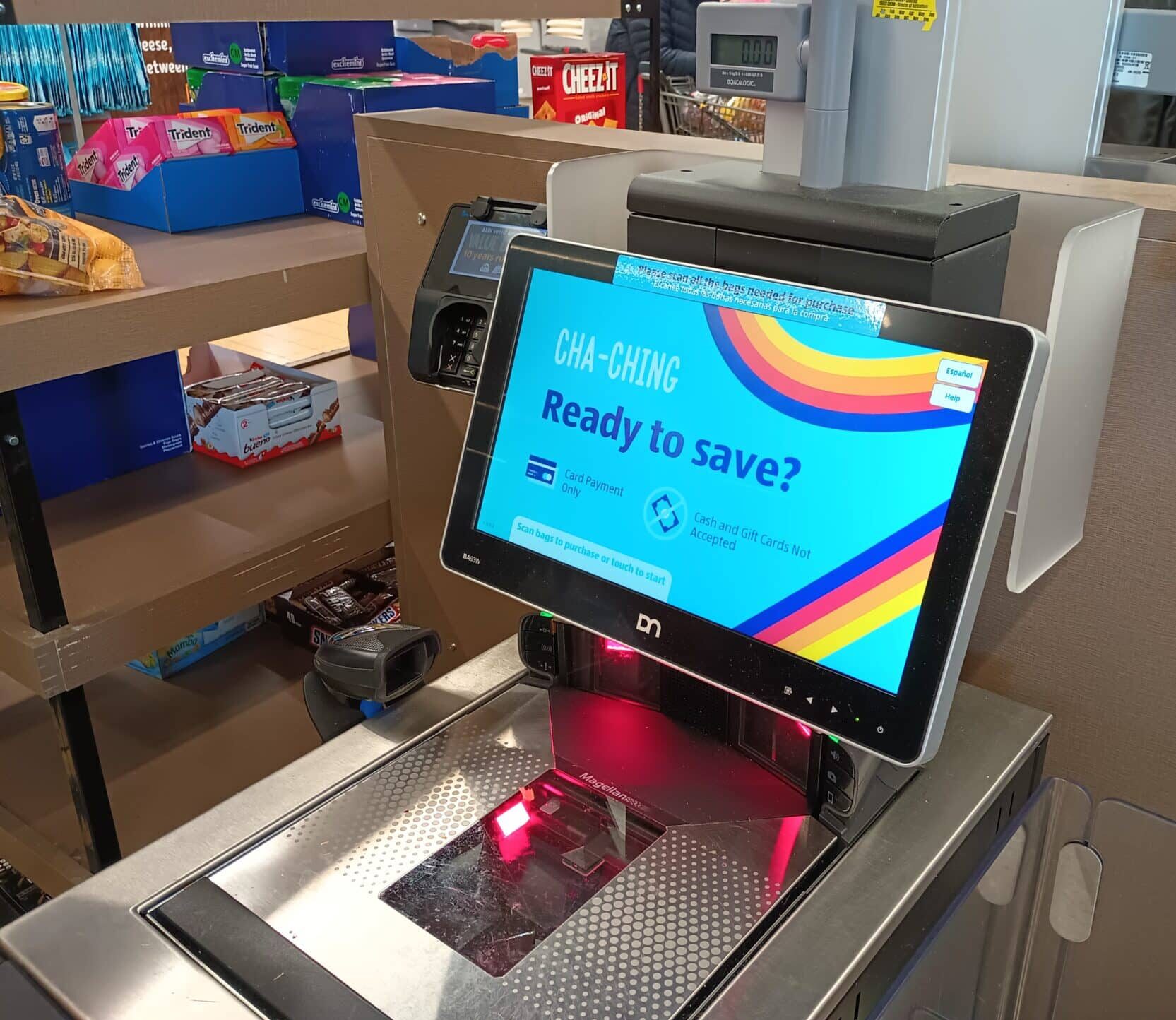When I was a university student, I worked as a tutor at the campus writing center. The writing center adjoined the offices of several professors in the English department, including one educator who loved to coupon. Her hobby produced such a bounty that she continually stocked a small table of snacks for the writing tutors with a rotating array of treats such as sandwich cracker packs, individually packaged cookies, single-serving bags of chips, microwave popcorn, and Easy Mac cups.
We tutors appreciated the treats, but we also were amazed when this educator told us how she got everything for free or just pennies, all because of her couponing efforts. She knew all the tricks: how to shop at multiple stores and stack manufacturer and store coupons for maximum discounts, and she followed sales cycles so she could use coupons to purchase items when they were at their lowest prices.
A few years later, when my husband and I were parents of young children and we were looking for ways to stretch our budget, I tried some of her couponing methods. However, I ultimately didn’t become a hardcore couponer. It took a lot of work and time, and with time being a limited resource, my compromise was to shop for the majority of our groceries at Aldi, a store that does not accept any manufacturer coupons but is known for very low everyday prices. (Aldi is not alone; Costco is another grocery retailer that does not accept manufacturer coupons.) Also, FYI: while fake Aldi coupons abound on the internet, legitimate store coupons for Aldi are rare.
I am not the only one cutting back on coupon usage. Coupons were especially popular around a decade ago, driven in part by the recession and by the TLC show Extreme Couponing, but there are signs that fewer shoppers are using a lot of coupons now, especially as more customers are turning to stores like Aldi to gain passive savings through everyday low prices.
Customer behavior may be changing because it can be harder to score free stuff through coupons now compared to a few decades ago. There is evidence that coupon distribution by manufacturers has declined, at least in terms of paper coupons, and most grocery stores have dropped practices such as doubling coupons. This may have been a response to how shows such as Extreme Couponing revealed how the system could be abused or manipulated by overly exuberant customers pushing the limits of ethical coupon use.
I still use coupons for some of the products I need that I can’t get at Aldi, but those savings are just gravy and don’t come close to extreme couponing. I respect people who know how to play the couponing game well, though. For some people, it truly is a game, as there is entertainment value in seeing how much you can shave off your purchase totals using coupons, and I understand that fun factor.
Where and how we shop for groceries is a personal choice influenced by a variety of factors, but if you’re weighing the benefits of couponing at regular stores versus shopping at Aldi, here are a few observations.
The pros of using coupons:
- You can shave a few cents or dollars off your total.
- You can sometimes get bigger deals or even completely free products. However, as mentioned above, some manufacturers and stores haven’t been offering as many generous coupons the last few years, perhaps in part as a response to the problem of coupon fraud.
- You get the opportunity to try new products with little to no financial risk if you end up not liking them, and you might find new favorites.
- You get to enjoy name-brand products at little to no cost.
The cons of using coupons:
- Couponing is time-consuming. It takes time to find coupons (either in newspapers, flyers, or online), time to clip them (if they’re the paper kind) or save them to your phone (if they’re digital), time to organize them, time to match coupons to sales at multiple stores, time to drive to multiple stores to use coupons, time for the cashier to scan your coupons at the checkout, etc.
- You may be tempted to buy things you don’t need or to buy more than you need. Coupons are a form of advertising. They can be a way to get you to think about buying something you might not have otherwise purchased.
- You may be tempted to buy more junk food and processed foods. While you can find coupons for healthier foods such as canned tuna or canned veggies, coupons for fresh or less-processed foods are generally less common than coupons for cookies, chips, crackers, and candy.
- Coupons can have restrictive fine print that can make using them complicated or confusing. It’s not unusual to see coupons that are not valid on certain product sizes or certain varieties within a brand. Some coupons have restrictions on purchase quantities, and this is partly in response to customers who abused coupons, using them to clear store shelves of merchandise and hoard products.
- You have to watch out for fake coupons. Fake digital coupons easily go viral on social media, where it is clear many people have trouble discerning fakes.
- Sometimes coupons lead to conflicts at the register if cashiers think they aren’t valid or applicable. One time when I got some big deals at a drugstore by stacking manufacturer and store coupons, the cashier saw my low total and didn’t think it was possible, and she started looking through my shopping bags and taking stock of my merchandise. I felt guilty even though I wasn’t doing anything wrong. While she was polite and ultimately accepted all of my coupons, it’s common to read stories about cashiers refusing to accept coupons or accusing customers of cheating.
- The time it takes to scan coupons can cause backups — and irritated fellow customers — in the checkout line, although this might be less of a problem in the era of digital coupons that can be processed more quickly at checkout.
- Digital coupons or deals often require downloading and navigating multiple phone apps for different stores. I’ve also experienced the frustration of learning how to navigate a retailer’s app, only to have them completely change the system.
The pros of shopping at Aldi without coupons:
- Aldi keeps it simple by not doing sales. The prices are low and are the same every day and generally only change gradually in response to inflation or other market factors.
- You don’t have to spend time hunting for coupons, downloading coupons, or clipping coupons for Aldi.
- You don’t need a system for organizing coupons with Aldi. Hardcore couponers often use binders, plastic bins or shoe boxes with elaborate filing systems, or large envelopes to keep track of all their coupons.
- You don’t have to worry about arguing with a cashier over coupons at Aldi.
- You’ll never be “that person” holding up the line because of your stack of coupons that needs scanning at Aldi. Quite the contrary: Aldi cashiers are famous for their speed.
- You can go paperless because Aldi doesn’t take coupons. Although to be fair, most retailers are moving toward digital coupons at this point.
The cons of shopping at Aldi without coupons:
- You can’t get things for free or pennies.
- You’ll be purchasing mostly non-name-brand products. While Aldi sells a limited number of name brands as either year-round Regular Buys (Coca-Cola, for instance) or limited-time Aldi Finds (Hint water, Wahlburgers, etc.), most of Aldi’s inventory consists of private labels. I think they’re pretty good off brands, though, and they give many name brands a run for their money.
- Aldi still tempts you to buy things you might not need. Hello, Aisle of Shame.
Conclusion:
Could I save more money by using coupons at traditional grocery stores? Maybe. The tradeoff between time and money is different for everyone depending on their life circumstances. While the middle aisle is a lot of fun and tends to get the most attention at Aldi, I also appreciate the underrated fact that I can get in and out quickly and know I’m getting a good deal on my groceries without having to hunt for coupons through an app or a newspaper flyer.





